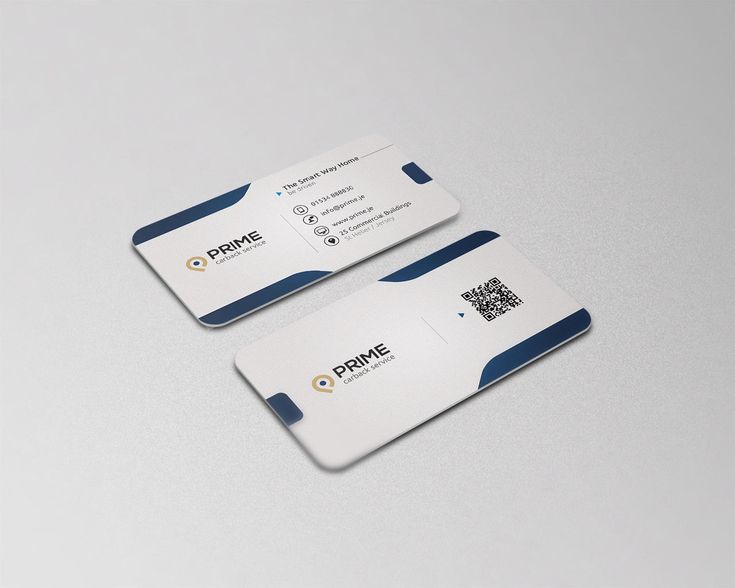1. First Impressions Matter
Business cards may seem like a small detail, but they play a crucial role in making a lasting first impression. When meeting potential clients or partners, handing over a thoughtfully designed card conveys professionalism and respect. A well-crafted card demonstrates attention to detail, while a generic or poorly made one can reflect negatively on your brand. Business cards bridge physical and digital networking by leaving a tangible memory with the recipient. In a world where most interactions are becoming digital, a well-designed card is a timeless asset that adds a personal touch.
2. Key Elements of Effective Business Cards
The effectiveness of a business card depends on various design and content elements. A strong business card should include essential information, such as your name, title, company, contact information, and any relevant social media handles. The layout should be clean and easy to read, with a design that reflects the company’s branding. For example, minimalistic designs work well for corporate professionals, while creatives might choose unique textures or vibrant colors. Balancing professionalism with creativity in your design can make your card stand out without overwhelming the recipient.
3. Choosing the Right Material and Finish
The choice of material and finish for business cards is more significant than it might initially seem. Materials range from standard card stock to premium options like textured paper, metal, or even wood. A unique material can make a business card memorable, leaving a positive impression on the recipient. Finishing touches such as matte, glossy, or embossed textures add elegance and can highlight certain parts of the card, such as a logo or name. Choosing the right material and finish reinforces the message your brand wants to communicate and can enhance the overall aesthetic appeal of your card.
4. How Business Cards Enhance Networking Efforts
Networking is essential for business growth, and a memorable business card can be a valuable networking tool. When attending events, conferences, or meetings, exchanging business cards can be an effective way to establish connections. Unlike digital information, a physical card can be stored, referenced, and remembered more easily. People often associate the tangible quality of a card with the person who provided it, creating a stronger recall in their minds. By including QR codes or personalized links, business cards can also lead to digital platforms, bridging traditional and modern networking methods effectively.Digitial business cards for companies

